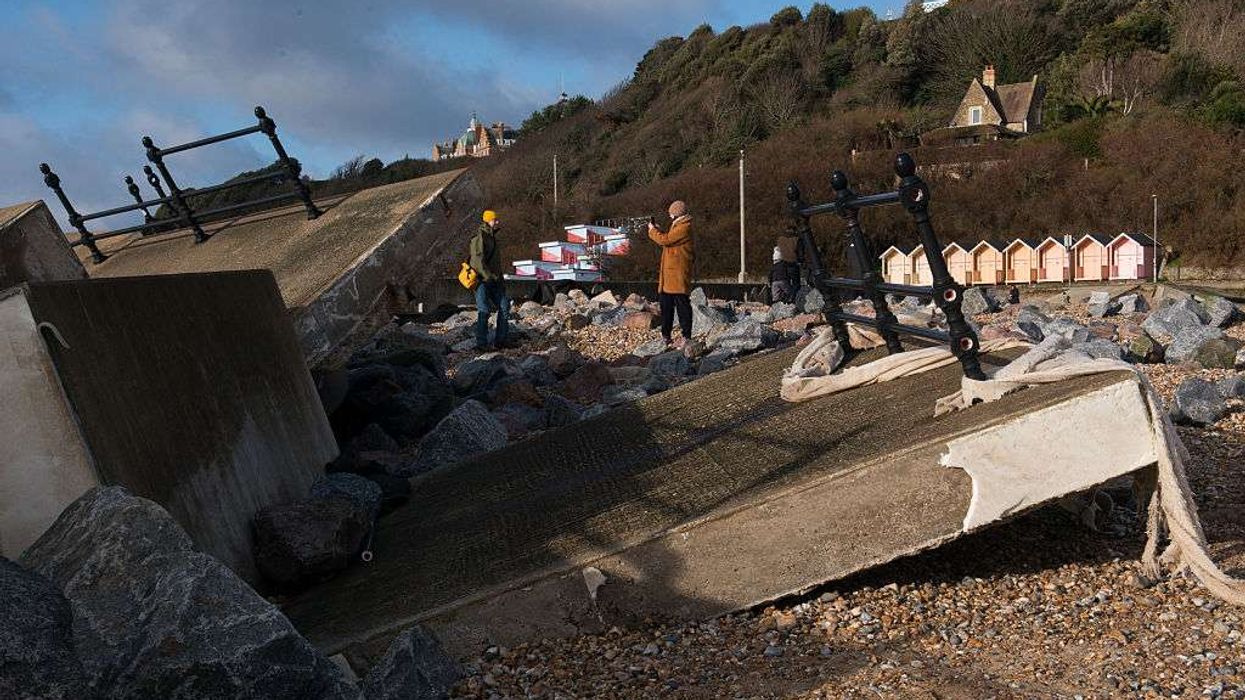Millions of students in Pakistan returned to classes on Tuesday (15) after a break of six months, as schools and colleges began to reopen for the first time since the outbreak of the novel coronavirus.
Educational institutes were closed in March as the coronavirus began to spread in Pakistan, but, with daily infection numbers falling, the government last week announced a staggered resumption of classes.
"May God make us successful in this test, and may the loss suffered by the students be compensated,” minister of education Shafqat Mahmood told reporters in Islamabad.
Senior schools were the first to restart, with middle school set to go back next week and primary school the week after.
The long closure led to the cancellations of exams and left academic calendars in disarray.
"Studies have been very badly affected," Naseem Akhtar, principal of a girls' school in the port city of Karachi, told Reuters.
"We appreciate the decision of the government to open schools from today."
Mahmood warned that schools that did not following precautionary measures, including the wearing of masks and social distancing, would be closed.
"The safety of these children is in our hands,” Karachi teacher Sameera Chaudhry told Reuters.
Pakistan has recorded 302,424 cases of the coronavirus and more than 6,300 deaths but daily infections have been slowing from a peak of nearly 7,000, and 118 deaths, in one day in June.
On Monday, authorities reported 404 new cases and six deaths.
"Online classes aren't as interesting as real-life classes. In regular classes, when we don’t understand something, we can easily ask the teacher to explain,” said student Dua Mohammad Saleem.
She said she was pleased about the safety rules but some government officials were sceptical, saying younger children will not be able to follow the rules.











